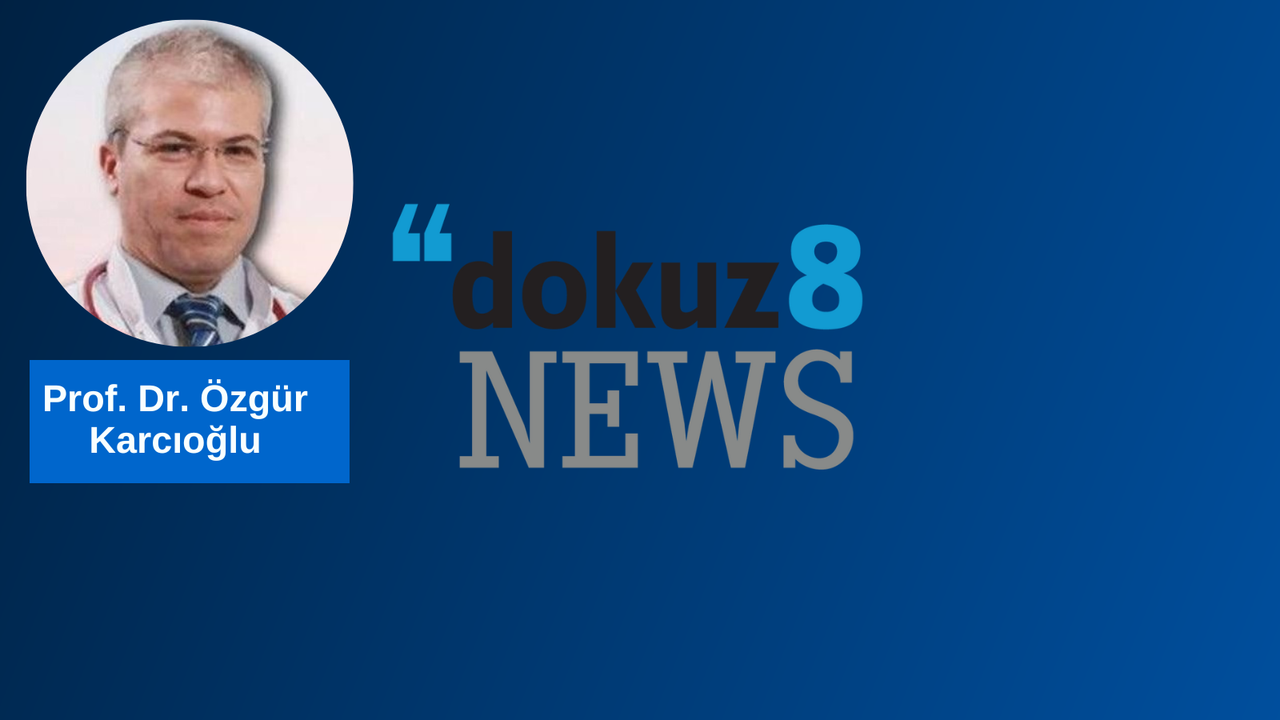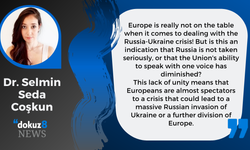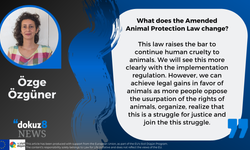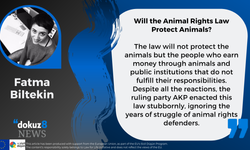XBB.1.5, a sub-variant of the Omicron variant of COVID-19, is known as the SARS-CoV-2 agent with the highest capability to transmit the infection known to date. Newly emerging variants have generally evolved to ignore or evade the immune system's defenses compared to previous variants, so current vaccines are gaining importance to fight these immune-evasive strains. Similarly, influenza vaccines can be 70% to 80% inclusive as they are prepared using the database of strains from previous years.
The good news is that, despite all efforts to evolve, the virus has not had the mechanisms to evade vaccines, either completely or largely.
Transparency and vaccine safety are key issues in the struggle run by the healthcare system against the pandemic. Since adverse effects seen after vaccinations may be due to a myriad factors other than the vaccine itself, studies should be carried out meticulously to find the culprit. Therefore, scientific evidence is only a product of research conducted openly and transparently through large, community-based data pools. On the other hand, speculative or myth-based arguments can lead to wrong conclusions, also providing misinformation for masses. Anti-vaccination, both in the world and in our country, is mainly fed by the opposition to science, resistance to progress, on the other hand, it tries to find an audience for itself by using religious, traditional and other fault lines in the society. For example, the thought that vaccines can cause infertility and the baseless claims that vaccines are actually designed to increase the profit curves of some companies can create synergies in different socio-economic groups that cannot come together in real life, and serve the same anti-vax propaganda.
It has been suggested that there is an increase in the frequency of ischemic stroke in the elderly (>=65 years of age) after the availability of bivalent COVID-19 vaccines recently (Reuters, Bloomberg). Preliminary data suggest that elderly people who receive the bivalent Pfizer-BioNTech COVID-19 vaccine may be more likely to have an ischemic stroke within 21 days of vaccination compared to 22-42 days post-vaccination. The CDC's Vaccine Safety Data Link (VSD) has initiated additional research into whether there is a safety concern for ischemic stroke in people 65 years of age and older receiving the bivalent Pfizer-BioNTech COVID-19 vaccine.
Interestingly, this preliminary finding was not verified in those administered the bivalent Moderna COVID-19 vaccine. There may be other confounding factors that contribute to the condition described in VSD and deserve further investigation. Numerous subsequent analyzes did not confirm this finding:
• A large study of bivalent Pfizer-BioNTech and Moderna vaccines using the databases of the US Centers for Medicare and Medicaid Services failed to reveal any increased risk of ischemic stroke.
• A preliminary study within the Veterans Affairs data pool did not show an increased risk of ischemic stroke after bivalent vaccines.
• The Vaccine Adverse Event Reporting System (VAERS), run by the CDC and FDA, failed to show any increase in the number of reports of ischemic strokes after bivalent vaccination.
• Pfizer-BioNTech's global safety database showed no increase in ischemic stroke findings with bivalent vaccine
• No increase in the risk of ischemic stroke has been observed with bivalent vaccines in other countries.
Overall, the data suggest that these preliminary findings are very unlikely to represent a true clinical risk.
As a result, first of all, no change in the schedule for vaccine administration is recommended. The CDC and other leading organizations and associations of medical specialties recommend that everyone update their COVID-19 vaccines except for infants up to 6 months old. Bivalent vaccine candidates are also included in this context. Having up-to-date vaccines is the most effective tool we have to reduce deaths, hospitalizations and serious illness from COVID-19, as shown in many studies in different countries:
• Current vaccines reduce the risk of hospitalization due to COVID-19 approximately 3 times and the risk of death approximately 19 times compared to unvaccinated people.
• Preliminary findings have disclosed that the bivalent vaccine provides more than 80% protection against serious illness and death compared to others.
The anti-vaccine movement or anti-vaxxers has gained traction to some extent worldwide within the pandemic period. Vaccine hesitancy is a complex and context-specific phenomenon which had a great impact on the success of vaccination campaigns in differentcountries. It varies across time, place and the type of the vaccines. Anti-vaxxers can be viewed as opponents of science and the public health and their antidote is evidence-based medicine, a.k.a. science in a general sense which have been flourishing for thousands of years.
Final comments: Almost all the decision-making processes in medicine are not based on 100% truth, but on which side the benefit-harm balance outweighs. For example, we prioritize procedures that will do more good than harm when we prescribe antibiotics for pneumonia, or decide on which intervention method is to be pursued in case of a heart attack. In prevention of COVID-19, a great deal of knowledge about vaccines has been accumulated in the world in 3 years, which proved an overwhelming benefit to save people from death and severe disease. In brief, vaccination saves your life, and the rest is nonsense.
References:
1. U.S. FDA, CDC see early signal of possible Pfizer bivalent COVID shot link to stroke. 14 Ocak 2023, https://www.reuters.com/business/healthcare-pharmaceuticals/us-says-pfizers-bivalent-covid-shot-may-be-linked-stroke-older-adults-2023-01-13/
2. Pfizer Bivalent Vaccine Linked to Strokes in Preliminary Data https://www.bloomberg.com/news/articles/2023-01-13/pfizer-bivalent-vaccine-linked-to-stroke-in-preliminary-data?leadSource=uverify%20wall






